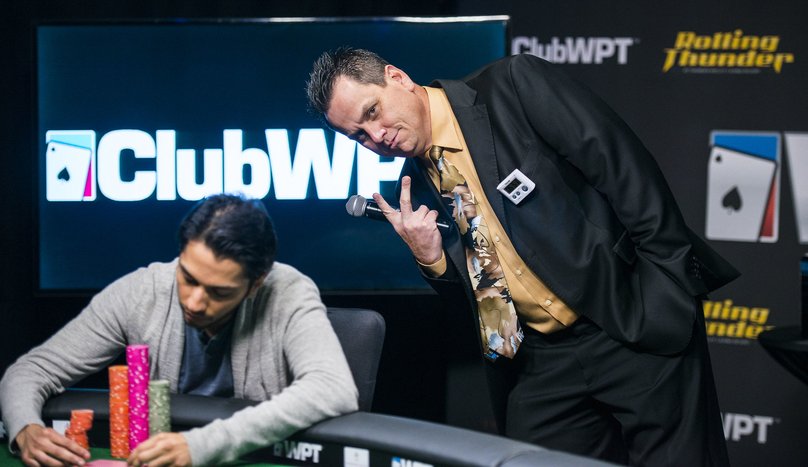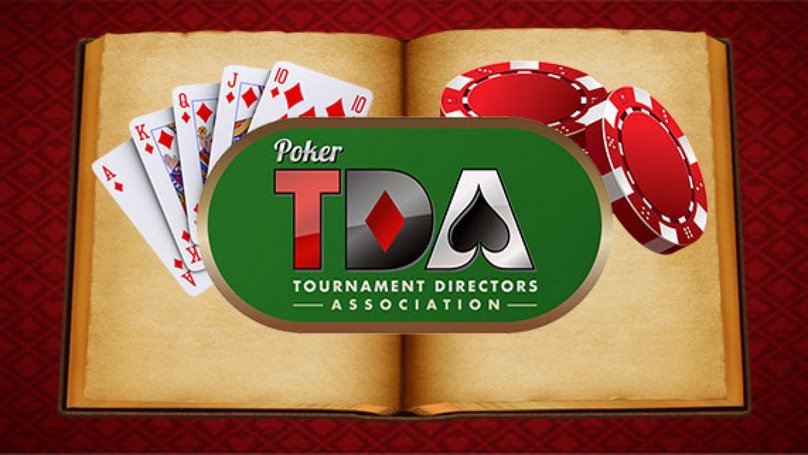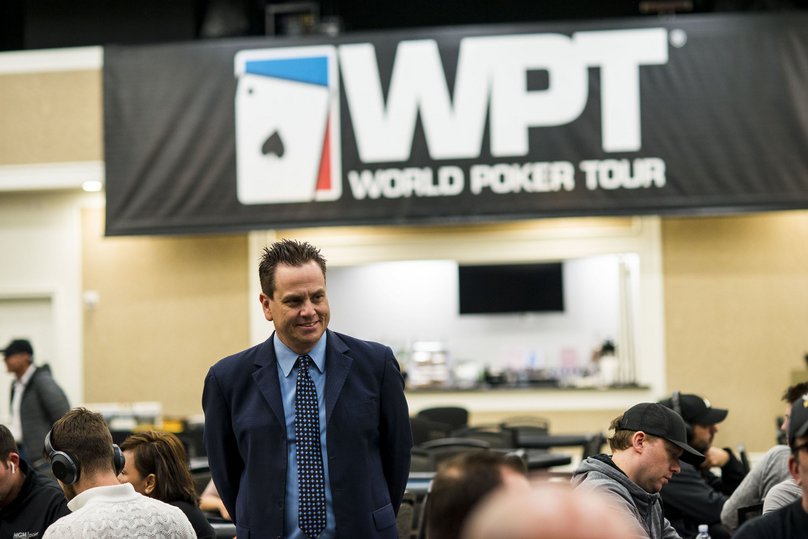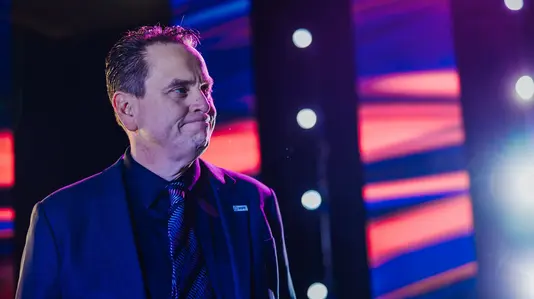Although his beginnings as a poker player in the 1990s didn't yield much success, his deep love for the game has led him to roles ranging from chip runner to tournament director. As the founder of the Tournament Directors Association (TDA), Matt has been instrumental in standardizing and improving the rules of poker tournaments around the world. His love for poker and people has earned him a place among the most respected tournament directors in the industry. In this article, we discuss Matt's remarkable career, his significant contributions to poker, and his vision for the future of the game.
Hello Matt, nice to meet you in person. Could you tell me how you started your career in the poker industry, and what led you to become one of the top tournament directors in the world?
I started as a poker player in the early 1990s, at the age of 21. I was never good at it, but I saw people working in the casino and earning much more money than I was making in my current job. So, I decided to make a move and became a chip runner in California, taking any job I could find inside a casino because they were making a lot of money in tips. I held many positions: chip runner, poker dealer (I loved dealing poker), and over time I developed carpal tunnel. Then I moved to floor position as assistant tournament director and eventually became a tournament director. I loved running tournaments in new open casino in California, but rules were different everywhere I went.

This led me to Las Vegas to create a standardized organization for poker tournament rules. Initially, I didn’t receive much positive response, but I persisted. Eventually, I connected with my friend Linda Johnson, who helped me form a group dedicated to creating standardized rules. This led to the founding of the Tournament Directors Association (TDA) in 2001. We hold a summit every two years where casino tournament directors and poker managers gather in Las Vegas to discuss, create, and write rules. That’s how I became one of the top tournament directors in the world.
How can someone become a member of the TDA?
It's easy—just go to pokertda.com, where we have a test to determine if you are eligible to be a TDA member. We accept new people, and encourage them to come to the TDA summit. We want them to learn and do things the way everyone else does. If we help new people become the best tournament directors, I have no problem with that. I am very comfortable with the position I have achieved in this industry and do not worry about someone taking my job. I am here to help everybody.
How can people get answers to their questions about the rules if a significant issue arises?
On my social media on Twitter, Facebook, Instagram, Snapchat. People text me all the time. Because I am an authority on rule formation. If somebody has questions about rules, they can contact me, and I give them the answers.
Do you have time for yourself? Without your phone?
Sometimes it's difficult when everyday questions or discussions pop up, and I have to answer.

What skills did you need to develop to become a successful tournament director?
I have built relationships with all the players, from beginner players to the top world players. I feel I should treat everyone same. It does not matter who they are; everybody has same rules and should be treated equally. To me, new players are more important than professionals. I want to bring new players into the game and ensure they have a good experience. For me, treating the staff, dealers, my colleagues, and players with respect is crucial. I only do these things; you can see me picking up trash from the floor, and I have done this throughout my career. To provide the best experience, you need to handle all aspects of the job. Not everyone is willing to do that.
How important is it for you to see new players at tournaments?
I see a lot of players here that I am seeing for the first time, which is exciting for me. When I go to a tournament and see the same people every time, it can feel a bit routine. It’s important to bring in new players. It’s really nice to see a bunch of people I haven’t seen before. I believe that bringing in new players is the most important thing, and making the game global is our main focus for the World Poker Tour.
As a newcomer to poker, should I be scared about players who have been playing for a long time?
You shouldn’t be scared; people like me protect you and ensure that others treat you properly. Often, you might encounter players who act in non-standard or unusual ways, and some may criticize them. However, they should not be doing that. Instead, they should be welcoming them, as having more players in the game is great for the game overall.

Do you currently have any goals in your career?
My goal is to get the schedule up for the WPT Championship in Las Vegas and really focus on building the World Poker Tour globally. There have been complaints about the lack of events in the USA, but I’ve expressed to the WPT that I’m pleased with our international presence, including locations like Liechtenstein, Montreal, Paris, and India. It’s crucial to grow the game worldwide and attract more players, as this benefits everyone involved.
What about Asia? Poker is not prohibited there?
We have done events in China and Taiwan. We love to get back there. I organized first tournament in Macao. The situation varies; it is prohibited in some areas and not in others. For example, we had an event in Korea last year and have another scheduled for next year. Anyone can come and play, except for Korean citizens. Koreans are not allowed to play, but others can visit the country and participate. This policy is more about tourism; 'gambling' is not permitted for locals.
In the second part of this interview, Matt will talk about the GTO incident that took place at the final table of this year's WSOP Main Event, we will talk a little more about the Savage Average format, and Matt will also tell us some funny stories from his career...




